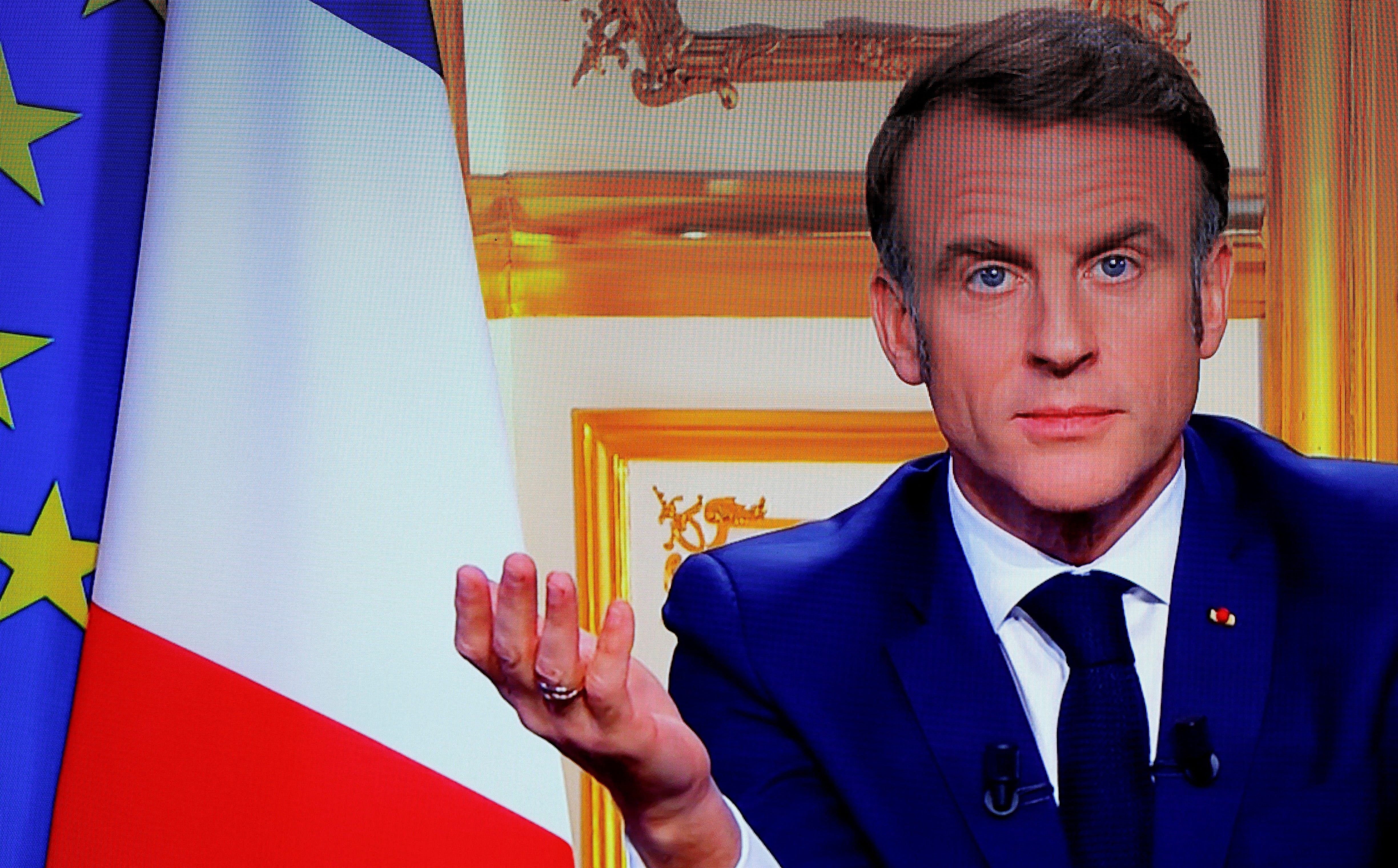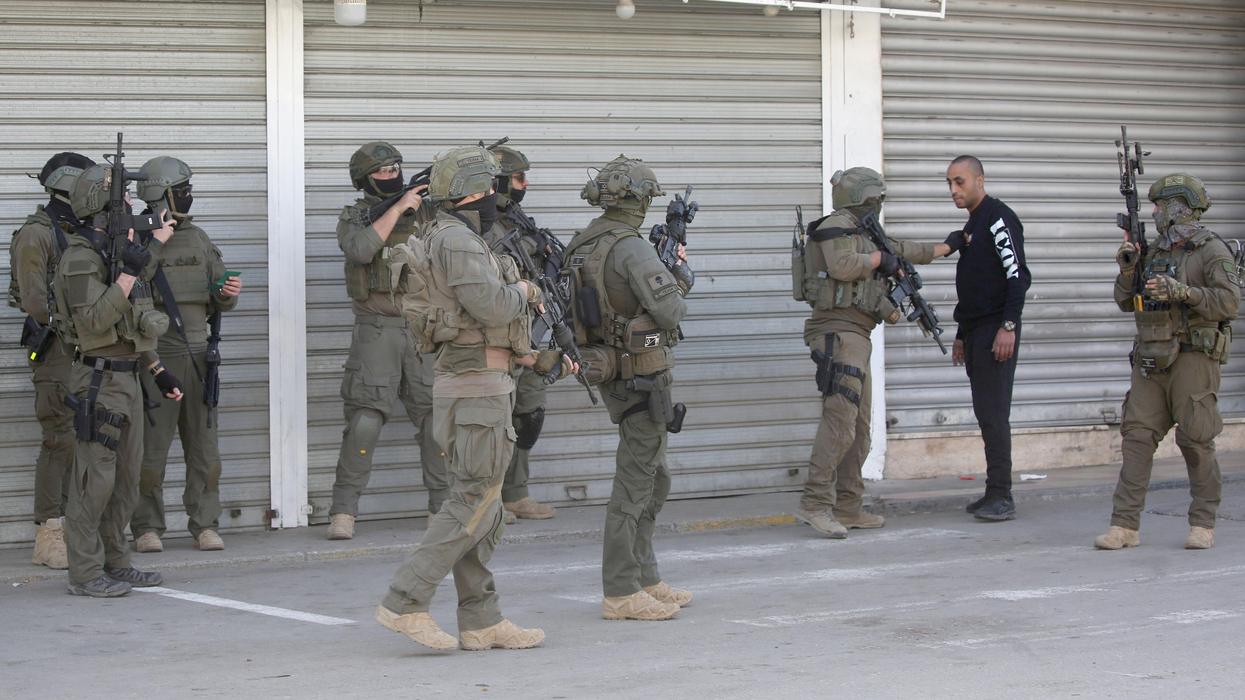Two main lessons are to be drawn from the fall of Michel Barnier’s government in France.
The first is that talk of Europe massively re-arming itself and substituting for the U.S. as the chief backer of Ukraine while maintaining existing levels of health care and social security is idiocy. The money is simply not there. The second is that the effort by “mainstream” establishments to exclude populist parties from office is doomed in the long run, and in the short run is a recipe for repeated political crisis and increasing paralysis of government.
Two countries are central to the European Union, the European economy, European defense, and any hope of European strategic autonomy: France and Germany. Within a month of each other, both have seen their governments collapse due to battles over how to reduce their growing budget deficits. In both cases, their fiscal woes have been drastically worsened by a combination of economic stagnation and pressure on welfare budgets with the new costs of rearmament and support for Ukraine.
In both cases, fiscal crisis has fed into the decay of the mainstream political parties that alternated in power for generations — a phenomenon that is to be seen all over Europe (and in the U.S., insofar as Trump represents a revolt against the Republican establishment). This decay is being fed by the growing backlash against dictation by the EU and NATO that is occurring across wide swathes of Europe.
In the French presidential elections of 2017and 2022, Emmanuel Macron defeated the Front National (now the Rassemblement National) of Marine Le Pen by essentially uniting the remnants of all the centrist parties in a grand coalition behind himself. The problem with such grand coalitions of the center however is that they leave opposition nowhere to go but the extremes of Right and Left.
In the case of France, economic stagnation and resistance to Macron’s free market and austerity measures led in June of this year to crushing defeat for his bloc in European parliamentary elections. Macron then called snap French parliamentary elections in the hope that fear of Le Pen and the radical Left would terrify French voters back into support for him. The result however was that Le Pen won a plurality of the vote, and while electoral deals with the Left gave Macron’s bloc a plurality of seats, they are heavily outnumbered by deputies on the Right and Left.
Macron then ditched his left wing allies and stitched up an agreement whereby Le Pen would support a centrist-conservative government under Michel Barnier in return for concessions on immigration policy and other issues. Bizarrely however, this was combined with continued “lawfare” against the Rassemblement National, with the prosecution of Le Pen for allegedly diverting EU parliamentary funds to support her party’s deputies. This is something that looks rather like a technicality or peccadillo, given what we know of the past behavior of EU parliamentarians — but would mean that, if convicted, she would be barred from running for the presidency in 2027.
This of course gave Le Pen every incentive to bring down Barnier’s government in the hope that it will bring down Macron with it, and thereby lead to early presidential elections; and when Barnier’s austerity budget (pushed through by decree against parliamentary opposition) infuriated the Left, Le Pen seized her chance. Given the string of defeats that Macron has now suffered (and remembering that the far greater de Gaulle resigned in 1969 after a far lesser defeat), it would make sense for Macron to step down. This would most probably lead to a presidency of the Rassemblement National; but then again, this is also probable if presidential elections take place on schedule in 2027.
German politics are in certain respects tracking those of France, but some years behind. Not long ago one would have said a generation behind, but European political change is clearly speeding up. After the 2021 general elections, the decline in support for the Social Democratic party, and the rise of the right-wing populist Alternative fuer Deutchland (AfD) and the left-wing populist Sahra Wagenknecht Alliance (BSW) forced the Social Democrats into an uneasy coalition with two deeply ideologically opposed partners, the Liberals (FDP) and the Greens.
As Germany’s economic position worsened, internal battles over the budget also worsened until the coalition eventually collapsed. Opinion polls indicate that the centrist conservative Christian Democrats will come first in elections due in February, but will be far short of an absolute majority. The result will be a grand coalition with the Social Democrats; but if that also falls short of an absolute majority, and the Liberals fail to pass the five percent threshold to enter the German parliament, then (assuming a continued determination to exclude AfD and BSW), the Greens will have to be included.
Not only will this replicate the internal weaknesses and divisions of the last coalition, but it will mean that if Germany’s economic woes continue and the coalition parties’ popularity slumps, AfD and BSW will be the only place for discontented voters to go. These parties, being newer, are not yet nearly as popular as their French equivalents. AfD still has to go much further in the process initiated by Le Pen in the Front National, of purging its more extreme elements; and of course there is the special German historical fear of the radical Right. Nonetheless, there are good reasons to think that the future German trajectory will resemble that of France.
Meanwhile, large parts of the European foreign and security establishments write and talk as if none of this were happening; as if in fact these establishments had been permanently appointed to their positions by Louis XIV and Frederick II, and given by those sovereigns an unlimited right to tax and conscript their subjects.
Thus in an article this week for Foreign Affairs, Elie Tenenbaum of the French Institute of International Relations in Paris and a colleague declare that in response to Trump’s election and in order to block a peace deal disadvantageous to Ukraine and “impose conditions of its own,” Europe must “force its way to the negotiating table.” A European coalition force of “at least four to five multinational brigades” should be deployed to eastern Ukraine to guarantee against further Russian aggression. European combat air patrols could be deployed “while the war is still underway.” And “if Russia remains unyielding, Europe must bear the bulk of the financial assistance to support Ukraine in a protracted conflict.”
Where the money and the public support for such a program is to come from is nowhere indicated.
I don’t know an appropriate and printable French response to these daydreams, but the Kremlin may reply with an old Russian saying: “Oh sure — when crabs learn to whistle.”
- Europe at odds with public on escalating war in Ukraine ›
- How Macron endangered French democracy and support for Ukraine ›
















